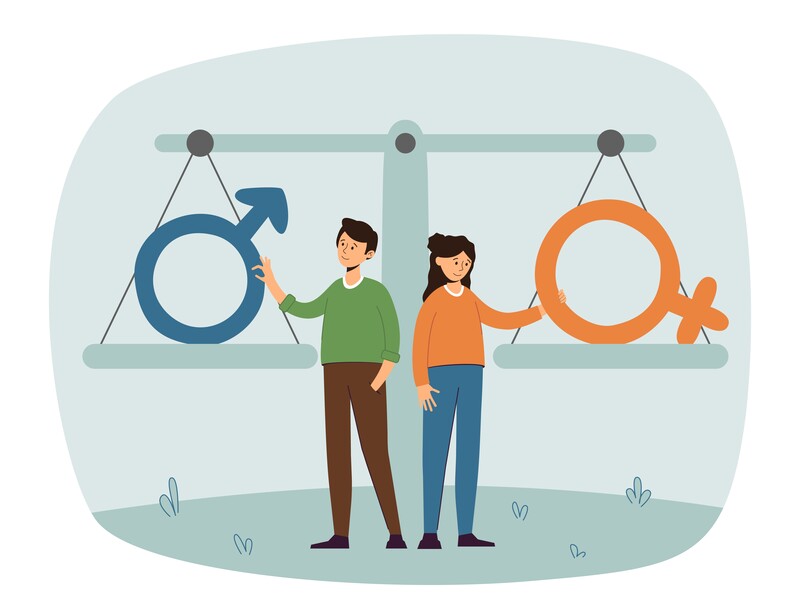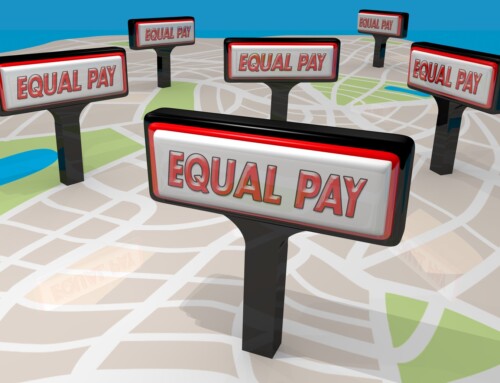
A woman who worked for American Express, a major U.S. credit card company, claimed that she was given no subordinates after her maternity and childcare leave ended, even though she was in charge of 37 subordinates. A woman working for American Express, a major U.S. credit card company, claimed that such treatment violated the Equal Employment Opportunity Law and other laws, and demanded compensation for damages from the company.
The Tokyo High Court ruled that the company should be compensated 2.2 million yen, changing the Tokyo District Court ruling that dismissed the woman’s lawsuit, stating, “This constitutes disadvantageous treatment prohibited by the Equal Employment Opportunity Law, abuse of personnel rights, and violation of public order and morals.”
According to the ruling, the woman joined the company in 2008. She was promoted in the sales department for individual customers and became a department manager with 37 subordinates in January 2002. She took sick leave in February 2003 due to physical problems associated with her pregnancy, and then took maternity and childcare leave around the time of her delivery in July of the same year.
She returned to work in August 2004, but the team led by the woman had disappeared during her absence due to organizational changes. Although at the same managerial level, she was placed in a newly established post to develop new sales channels without subordinates and was instructed to make telephone sales calls.
The court ruled that “even a change in assignment that does not immediately result in economic disadvantage, if the quality of the work is significantly reduced and may affect career development, it constitutes treatment that has a disadvantageous effect.” Such treatment for pregnancy, childbirth, or childcare leave would violate the Equal Employment Opportunity Law and the Child Care and Family Care Leave Law.
Asahi Newspaper




